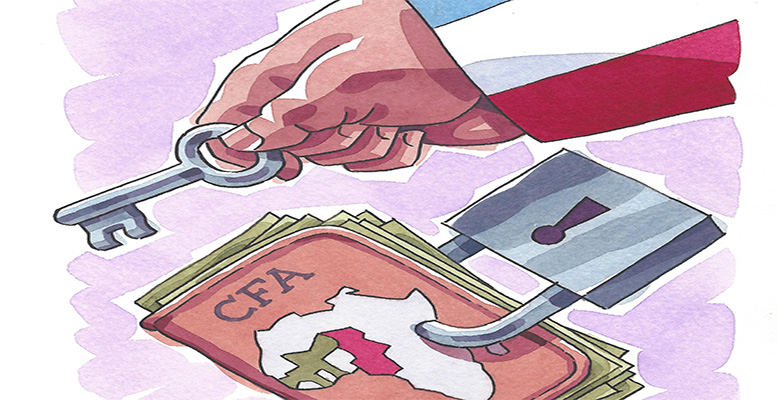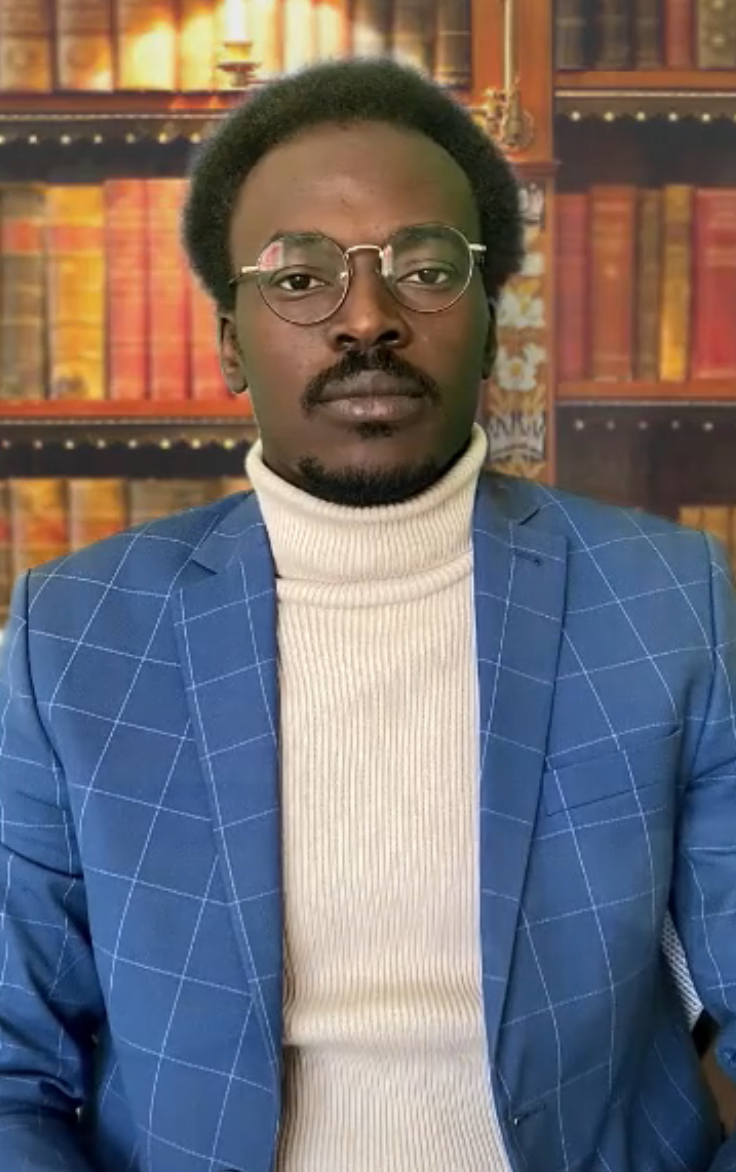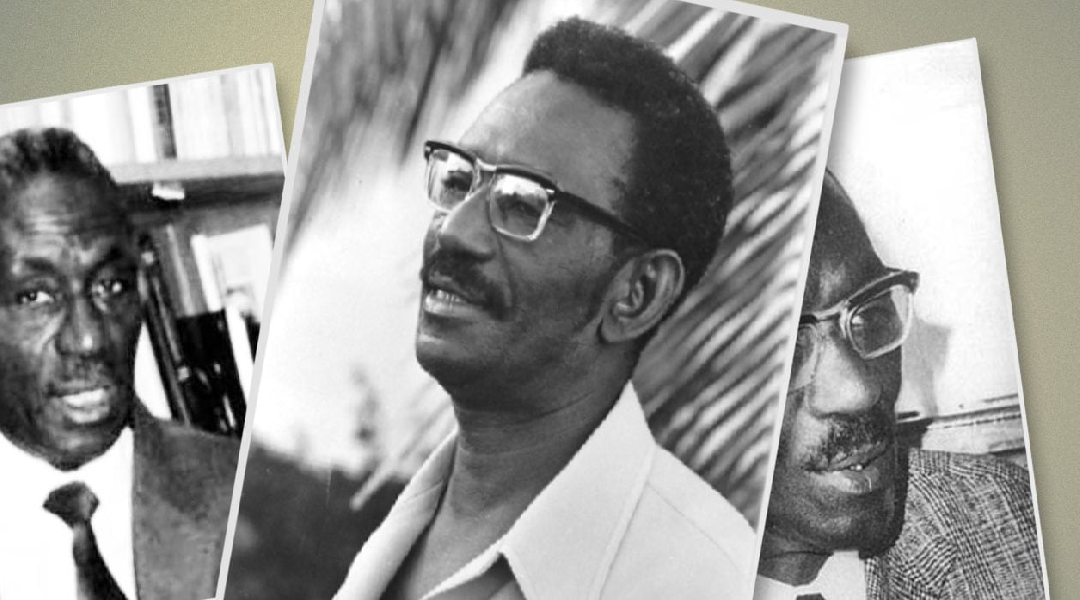Introduction
A governance transformation is taking
place in Africa in general and the Sahel in particular. While this
transformation leads to the questioning of existing trends, it also allows for
the addition of new trends. In this process, the approaches of political actors
to their strategic partners, the positions of external actors in the region,
and the perception of their leaders - especially their relations with France -
as a result of the awareness of youth and civil society have changed to a great
extent. Within the scope of this process, new parameters have inevitably
emerged. While these parameters are formed spontaneously in some cases, they
are formed by force in some places. In this context, it is possible to observe
a change – a diversification – in the relations of the leaders of this region
in the last two decades. France, which was previously the dominant partner in
the Sahel, has found a competitor. In short, it is Russia waging war against
one of its Western adversaries. This rivalry plays out in the Sahel but has a
global scope. A battle of influence, but in a different way this time. Then it
is useful to ask the following questions: What is Russia's position in the
rapidly changing geopolitical Sahel? What is the response of civil society to
the increasing Russian presence? France or Russia, a forced
choice?
The Sahel: A Region of Multidimensional Conflict
The Sahel has historically been a region of trade and
communication between North Africa and West and South Africa. Caravan routes
and cities supported these multifaceted transactions, which contributed to the
rise of great empires such as Kanem-Bornu, Mali, and Songhai, and later cities
such as Timbuktu, Gao, and Agadez. These exchanges include gold, salt, dates,
grains, livestock, handicrafts, books, etc. revolving around local products.
There is thus a real complementarity from the past between the economies of
North Africa and those of Sub-Saharan Africa. However, these connections were
broken with colonialism.
This historic and
economic rupture will have a lasting impact on relations between these two
parts of Africa. Trade will decline and caravan routes will lose their
strategic position. After independence, the new states developed different
links, thus causing the socio-economic decline and problems in most parts of
the Sahel region such as Mali, Niger, Burkina Faso, and Chad. The main reason
for this is the neglect of remote regions by central governments. Much of the
Sahel, which has a very fragile socio-infrastructure and almost non-state
presence, was susceptible to the spread of terrorist movements in the early
2000s. In this region, which connects Niger with Chad and Nigeria and where
Lake Chad is located, after the fall of the Gaddafi regime, terrorist movements
in Niger and Mali have taken advantage of this existing fragility.
The Sahel states,
which mostly have weak economies, continued the fight against terrorism.
However, it was not enough. Therefore, support was sought from external
partners – especially France. France continued Operation Serval in 2013,
Operation Barkan in 2014, and Operation Takuba in 2019. However, the expected
result was the opposite. Terrorist groups, which were previously only in a part
of Mali, have come to control more than half of this country and spread to
countries such as Burkina Faso and Niger.
France or Russia: A Forced Choice?
Since the emergence of Boko Haram as a terrorist
movement in Nigeria in 2009 and the emergence of terrorist groups in Northern
Mali after 2011, serious political and socio-economic problems, especially
security, have been experienced throughout the Sahel. As this reality is
accepted by everyone, it is a well-known fact that France failed in this
situation.
The failure of
France here - on purpose - and yet the failure of the leaders to seek other
ways to solve the problems has been the subject of serious criticism from the
public, especially the youth. It is also possible to say that this situation
caused a coup in Mali. In countries such as Niger, Chad, and Burkina Faso, there
were great demonstrations and actions against the presence of France. While
these were happening, the desire to ally with Russia, which has also made a
rise in global understanding, has been manifested. This has even been
implemented in Mali and the Central African Republic. The results from the
cooperation with Russia are very good compared to the work done jointly with
France. The example of Central Africa and Mali started a kind of new trend:
"Let's replace the failed France with successful Russia". France did
not remain silent against this. Each time he criticized the policies of Russia,
its new rival in the region. To describe the rivalry between France and Russia
in the Sahel, the famous reporter Alain Foka's ironic narrative is very
accurate:
“Your children are caught fire in your house where
they are trapped inside. Your friend, who is the source of this fire, rushes to
your aid to extinguish it, even if he did not do it on purpose. But he has
trouble stopping the incandescent flames. Although a few days have passed, the
fire continues to grow despite all the interventions. Meanwhile, someone else
arrives who wants to help you put out the fire together. That person wants to
combine their insufficient strength with yours. […] Additional help in the face
of such a situation is, of course, acceptance. All of a sudden, your friend,
who is fighting the fire together and threatening to leave you in the face of
the tragedy that has befallen you if you don't follow his/her advice, tells you
without hesitation that I withdraw when you accept the newly arrived help.
He/she doesn't want the other to put out the fire that burns everything in your
house.
The competition in the Sahel is not simply for
ensuring the security of the states in question. There is also the question of
whether France will continue to be a global power. This thesis can be explained
for two reasons. First; global military influence. France is a member of the UN
Security Council. In this capacity, it wants to effectively provide security in
the world and especially in countries with former colonies and to keep all
related activities under its own control. Having a security problem in Mali,
Niger, Burkina Faso, or Chad actually indirectly means that France's membership
of the Security Council makes it more effective. Because it is the biggest – in
some countries in some periods – the only partner in the military and security
field of these countries. However, until recently, security issues in the Sahel
were reported to the Security Council by the representatives of France, not the
representatives of the countries in question, and the resolutions and
agreements prepared were also made by France - or its proposal. In summary,
France is a kind of representative of African states in the council. Therefore,
a state that carries out security activities in so many countries can be
described as a global power – although not in reality. Latter; are economic
reasons. There are various underground resources in the Sahel, such as uranium,
oil, gold, and minerals. The presence of France in the region also provided
control over these riches. Niger's uranium, Chad's oil, and Mali's gold are
mostly sold to France.
However, when
evaluating this, it does not mean that Russia is an angel ally. It is clear
that Russia also observes interests in the region.
One of Russia's
main goals in Africa is to gain influence over strategic areas along the
southern Mediterranean and the Red Sea. This is most obvious, in 2019 Russia's
Wagner Group deployed its mercenaries with the aim of placing its deputy,
Khalifa Haftar, as the new strongman. If successful, Moscow will have a
permanent military presence in North Africa, on NATO's southern flank.
Counterterrorism in the Sahel: Is Russia an Ally?
It took time for Russia to get back to Africa.
President Putin's visits to South Africa, which will be included in the BRIC
(Brazil-Russia-India-China) group in 2011, to Morocco in 2006, and then to
Libya in 2008, marked the beginning of the great comeback. Dmitry Medvedev
expanded the circle by visiting Egypt, Angola, Nigeria, and Namibia in 2009.
Foreign ministers' round-trip travel has increased. A meeting of African
ministers and parliamentarians was held in Moscow in 2010. The opening of
embassies ensued, and 40 Russian embassies were mobilized in Africa to support
Moscow's economic interests, garner votes at the UN, and offer scholarships or
internships. It is a question of opening the door to large Russian companies in
the mining or metallurgical fields to sell weapons or grain. Thus, Russian
companies started to enter the Continent.
Russia is seen as
more reasonable as an ally in Africa against France. First, Russia does not
have a colonial past in Africa. This is an important factor in the strategic
choices of African states and their increasingly conscious youth. Secondly,
African states are no longer a place where there is only strategic competition,
and now they know their strategic positions and make their choices accordingly.
Conclusion
Is the Russian presence a financial interest or a
geopolitical strategy? In any case, after its entry into the Central African
Republic, Russia's influential entrepreneurs turned to the Sahel countries,
relying on local actors. As France reorganizes Operation Barkhane and withdraws
its troops, primarily from Mali, the number of supporters of the Russian
intervention is increasing. It is possible to see the slogans "Let France
Withdraw" and "Let Russia Come" from time to time in the actions
and meetings. It would be naive to believe that Russia can save the Sahel. The
security of the Sahel depends on the will of the Africans.




Laisser un commentaire